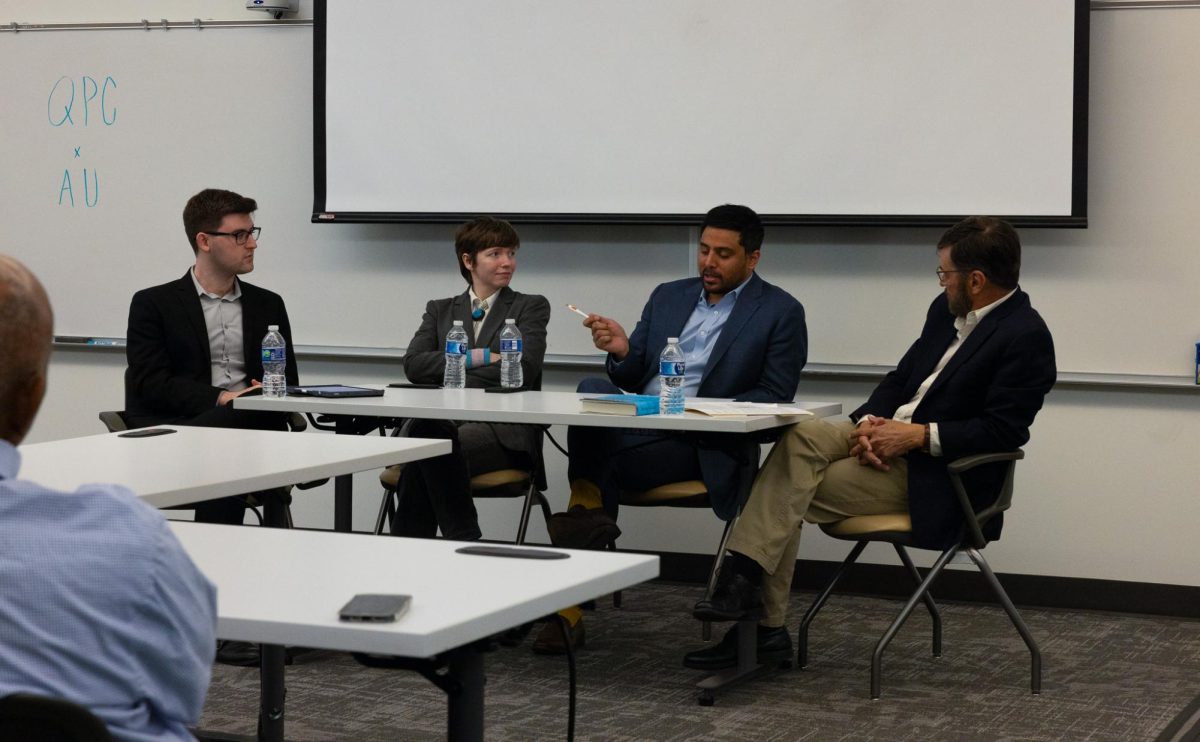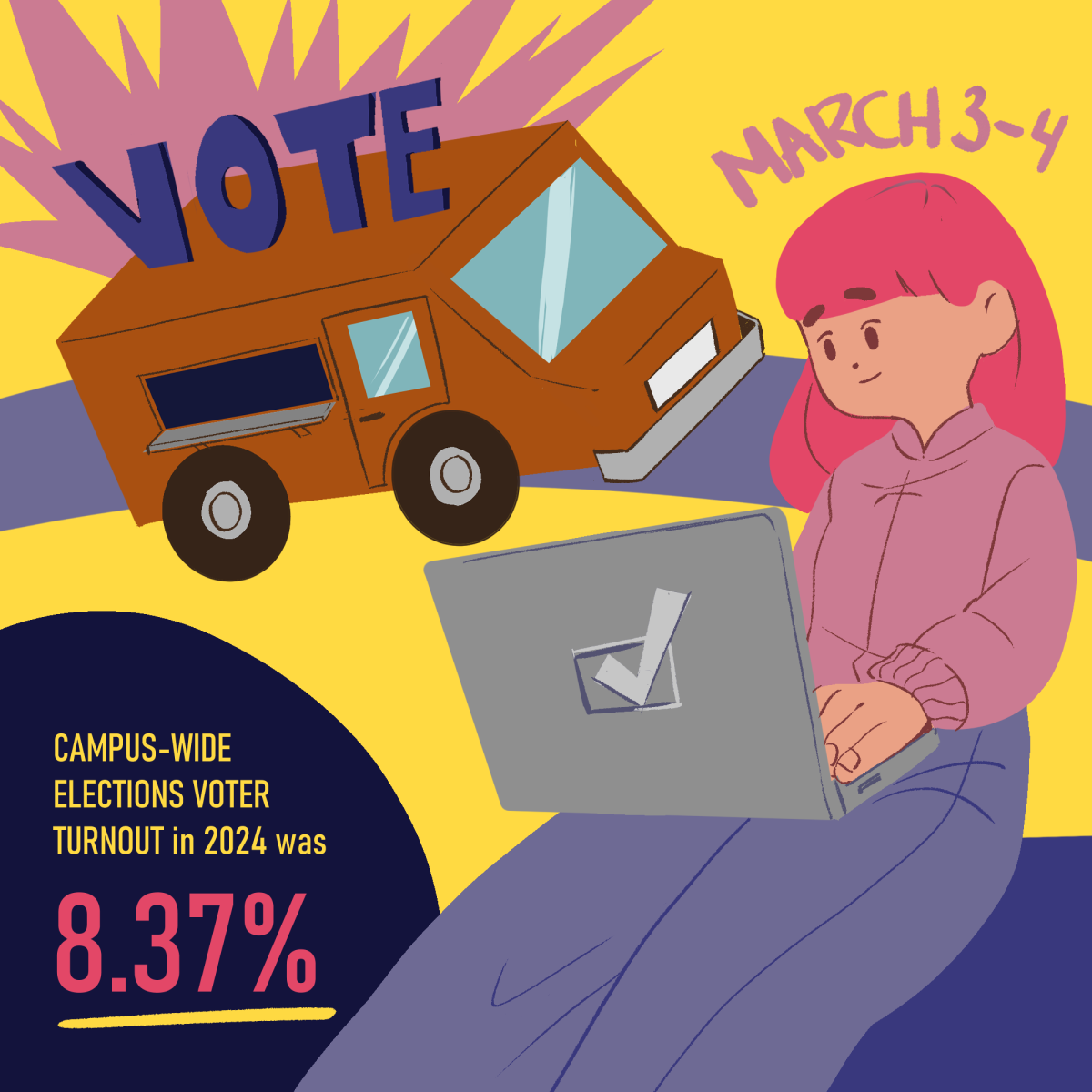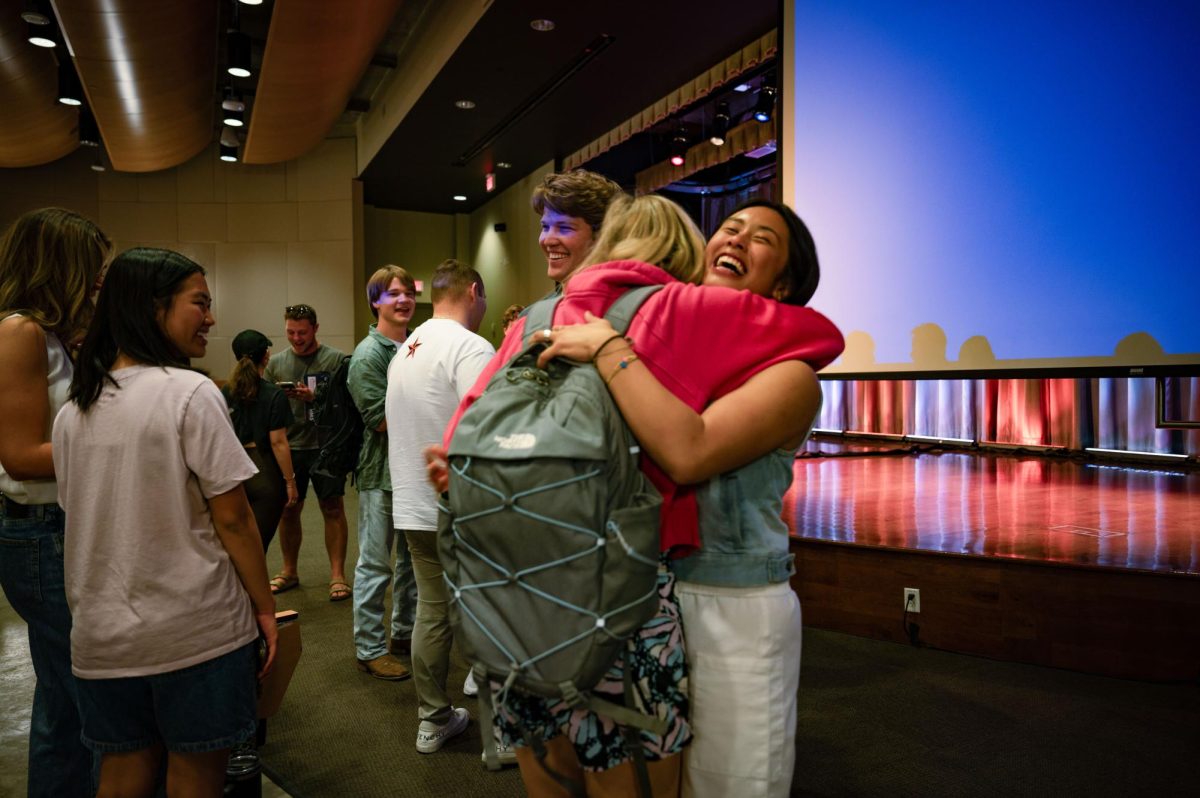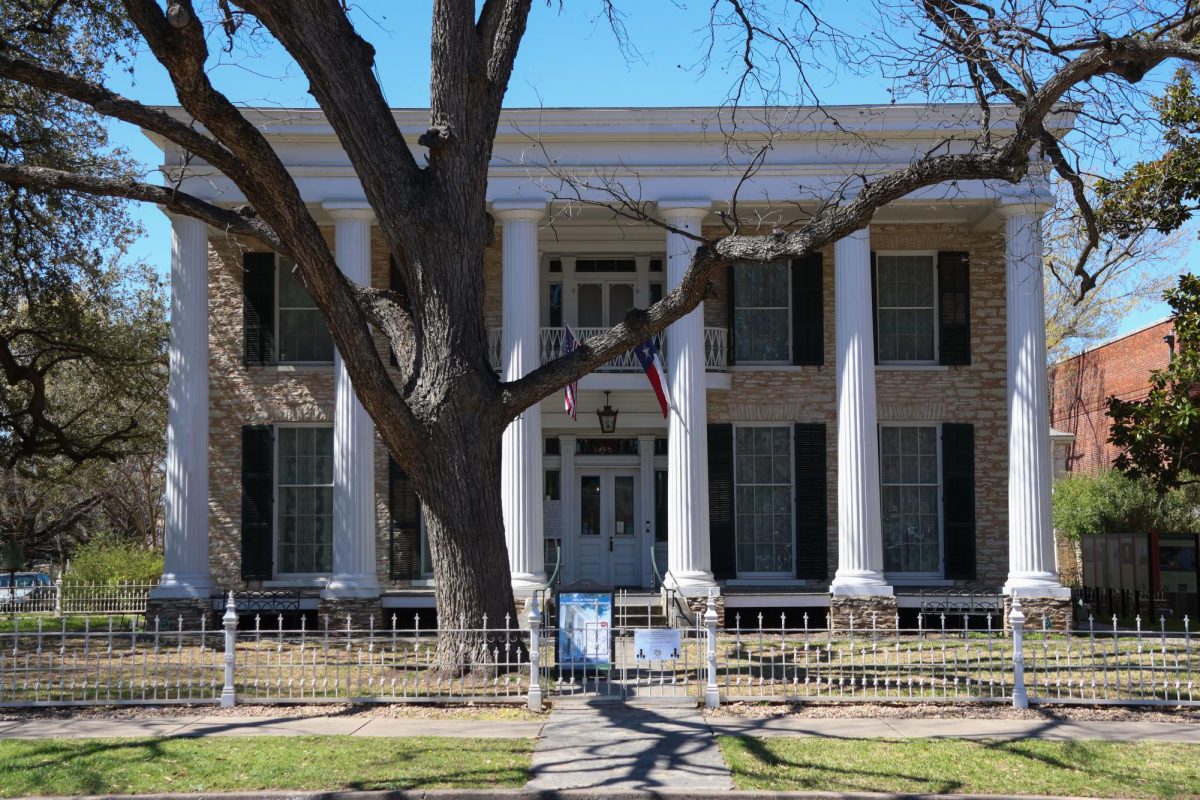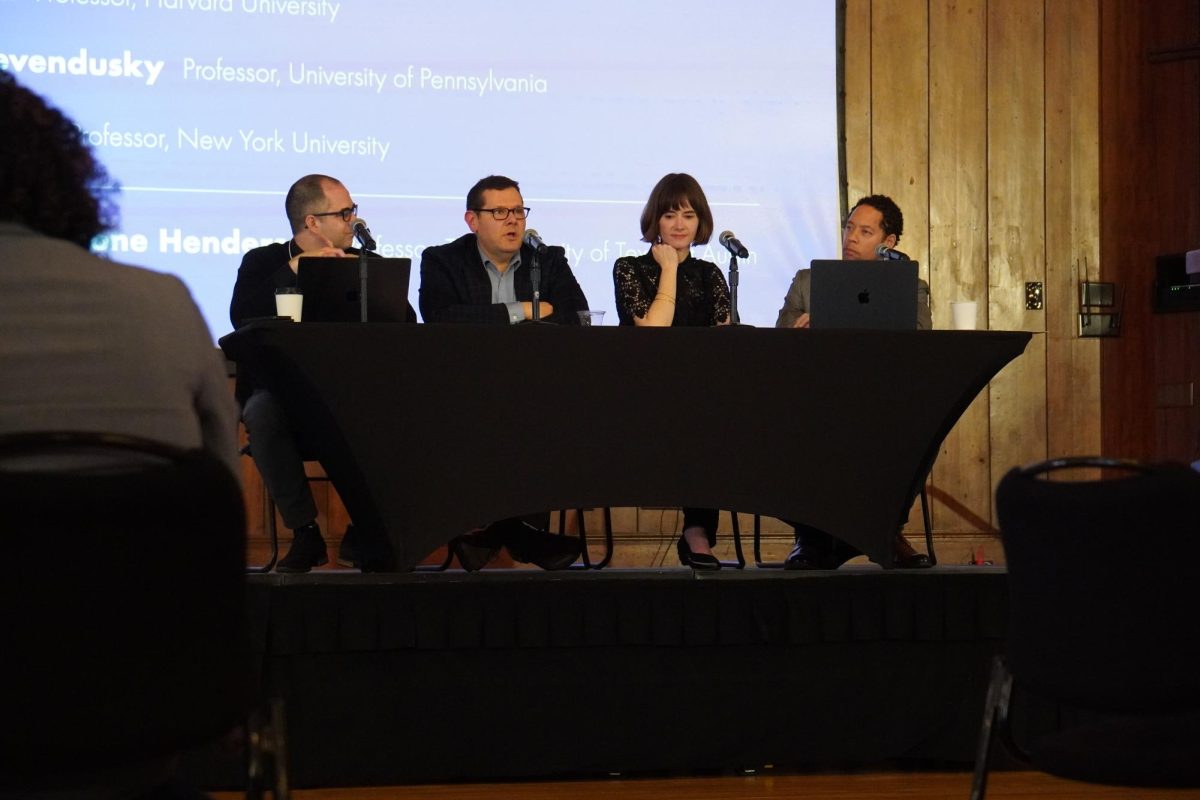Community members convened at a panel at the Lyndon B. Johnson School of Public Affairs on Friday to discuss the importance of separation of church and state in Texas public schools.
The panel, “Chaplains in Schools?! Protecting Church-State Separation In Texas,” hosted by UT’s Queer Policy Coalition and Americans United for Separation of Church and State, discussed the implications and effects of Senate Bill 763. The bill, which went into effect in September, allows schools to hire unlicensed chaplains to provide student counseling at public schools. School districts have until March 1 to decide if they want to enact the bill.
Rep. Cole Hefner, who authored the bill, said during the debate on the bill that employing chaplains, should a school district choose to do so, could help alleviate the school counselor shortage.
Rick McClatchy, interim president of the Americans United chapter in San Antonio, said he thinks the bill does not outline enough guidelines to be a chaplain in a public school and that it can be harmful for unqualified people to have access to students. Chaplains are trained in pastoral counseling. Guidance counselors are required to have a master’s degree from an accredited university, complete a specific training program and complete a required test, according to the Texas Education Agency.
“It blurs the lines of responsibility that public schools and faith communities have in directing the spiritual development of children,” McClatchy said.
Many school districts, including Austin ISD, rejected the chaplain bill. However, Ash Hall, the policy & advocacy strategist on LGBTQ+ rights for the American Civil Liberties Union of Texas, said the bill should never have passed in the first place.
“The fact is now that the door (for bills like this) is open and it becomes easier and easier to push and push and push and test the boundaries and see who responds and who doesn’t,” Hall said. “So even though schools are doing the right thing, this is still a bad situation.”
City Council Member Zo Qadri said it’s important for community members to advocate for state and local issues and communicate with their council members through emailing, writing letters and attending meetings and town halls.
Hall said truly inclusive religious freedom involves people taking care of each other regardless of their beliefs.
“There’s also just the difference between making sure people can practice their religion, but then making sure that we are not forcing that on other people, and that’s really important too,” Hall said. “And making sure that we are not discriminating against people and using it as an excuse.”

